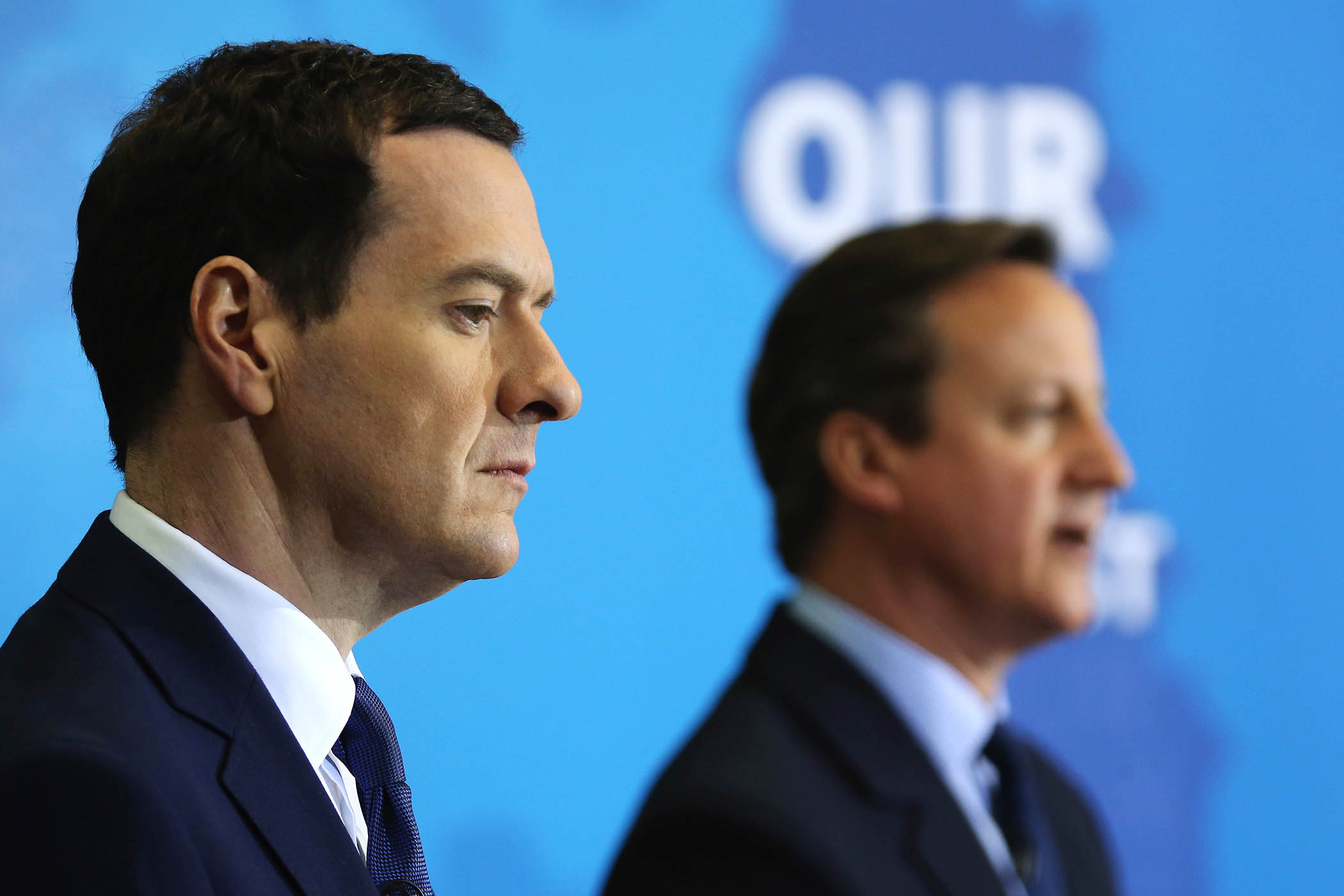On Friday, the latest retail sales numbers for the British economy were due to be published. But the release was delayed for two weeks because of concerns about the quality of the data. A well-placed source told the Guardian that the crisis at the Office for National Statistics has left chancellor Rachel Reeves “flying blind”.
What a miserable few months it has been for Reeves who, as uncertainty grows about the economic outlook, is reportedly focusing on finding new ways to soak the rich, from mansion taxes to limiting the tax-free pension lump sum. Dodgy data is the last thing she needs.
Today’s worries are the result of decades of underinvesting in high-quality economic statistics. Around 79 official data series have been either decertified or cancelled outright in the UK since 2010, including 25 in the past year alone, as John Burn-Murdoch has pointed out in the Financial Times.
Nor is this a uniquely British problem. Donald Trump’s recent firing of the head of America’s Bureau of Labor Statistics (BLS) after weak jobs numbers was a bad case of shooting the messenger. But, as Zachary Karabell points out in his Edgy Optimist newsletter, how the BLS “collects data and the way it tries to gauge the unemployment rate is woefully archaic, increasingly problematic and long overdue for an overhaul”.
This reflects a broader failure by governments to modernise data policies designed early in the 20th century so they properly reflect today’s much-changed economies, argues Karabell. This underinvestment in data is a false economy. It won’t solve her current challenges, but Reeves should make modernising Britain’s economic data-gathering a top priority.
Photograph by Richard Baker / In Pictures via Getty Images
Newsletters
Choose the newsletters you want to receive
View more
For information about how The Observer protects your data, read our Privacy Policy



